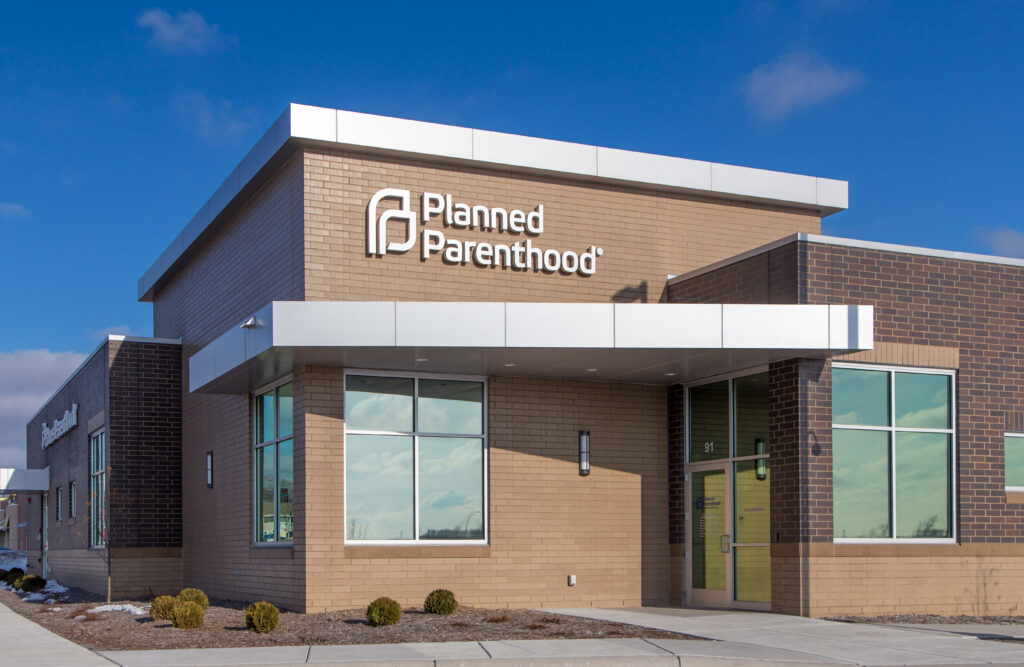Abortion Reporting: North Carolina (2019)

North Carolina’s 2019 abortion statistics were published in November 2020. Abortions in the Tar Heel State increased from the previous year.
Changes in North Carolina Abortions, 2018-2019

*The change in total abortions and chemical abortions reflects abortions performed on North Carolina residents. The change in the abortion rate reflects all abortions reported in North Carolina, including nonresidents. The report does not include information on Planned Parenthood’s North Carolina abortion market share.
Abortion Totals and Trends
There were 28,450 abortions reported in North Carolina in 2019, up three percent from the 2018 total. Abortions performed on North Carolina residents increased by two percent to 23,495, with 22,875 performed in North Carolina and 620 performed out-of-state. Chemical abortions performed on North Carolina residents increased by six percent (Fig. 1). The Charlotte Lozier Institute (CLI) estimates that North Carolina’s abortion rate was 13.8 abortions per 1,000 women ages 15 to 44 in 2019, an increase of two percent from the year before and slightly higher than the national abortion rate (Fig. 2).
State Report Summary
Most of the information in the report is for abortions performed on North Carolina residents, rather than all abortions occurring in the state. In 2019, 97 percent of the abortions reported to have been performed on North Carolina women occurred in North Carolina, and three percent were performed in other states.
Eight percent of North Carolina resident abortions were performed on girls under the age of 20. Twenty-seven percent were on women ages 20 to 24, and 29 percent were on women ages 25 to 29. Nineteen percent of North Carolina resident abortions were performed on women ages 30 to 34, while 13 percent were performed on women ages 35 and older. Age was not reported for three percent of the North Carolina residents undergoing abortions.
Non-Hispanic black women composed the largest racial group undergoing abortions, accounting for 46 percent of North Carolina resident abortions. Thirty-one percent were performed on non-Hispanic white women. One percent of the abortions were on non-Hispanic American Indian women, four percent on non-Hispanic women of multiple races, and three percent on non-Hispanic women of other races. Thirteen percent of the abortions were performed on Hispanic women, while race was not reported for three percent.
Most of the abortions (77 percent) were performed on unmarried women, while 14 percent were on married women and nine percent on women of unknown marital status. Sixty percent of the abortions were on women with 13 or more years of education, compared to 26 percent on women with 12 years of education and eight percent on women with fewer than 12 years. Education was not reported for six percent of the North Carolina residents undergoing abortion.
Sixty-one percent of the abortions were performed on women with children; 26 percent had one living child and 36 percent had more than one. Thirty-seven percent of the abortions were performed on women with no children. Fifty-five percent of the abortions were on women with no prior abortions. Twenty-one percent were performed on women with one previous abortion, and 13 percent on women with two or more prior abortions. The number of living children was not reported for two percent of the women undergoing abortions, and the number of previous abortions was not reported for 11 percent.
Almost two-thirds of the abortions on North Carolina residents were performed at eight weeks of gestation or earlier. Twenty percent were performed between nine and 10 weeks, and five percent were performed between 13 and 15 weeks of gestation. Between 16 and 20 weeks of gestation, there were 732 abortions (three percent) performed on North Carolina residents in the state of North Carolina and 37 abortions (0.2 percent) performed on North Carolina women outside the state. Eight abortions at or after 21 weeks of gestation were performed in North Carolina, an increase from the one in-state abortion reported after 21 weeks the previous year. This increase was likely due to a 2019 court ruling that blocked North Carolina’s law limiting abortion at 20 weeks. There were 36 abortions after 21 weeks performed on North Carolina residents in other states. Gestational age was not reported for five percent of the abortions.
Forty-eight percent of the abortions were curettage procedures, and 46 percent were chemical. There were nine hysterectomy/hysterotomy abortions performed, while zero intrauterine instillation abortions were reported.
Abortions by County
In 2019, abortions were reported to have been performed in nine of North Carolina’s 100 counties. The highest-volume county was Mecklenburg County with 38 percent of the total, followed by Wake County at 24 percent. Cumberland and Guilford Counties each accounted for nine percent, and Orange County reported eight percent. Four percent each were reported in Durham and Forsyth Counties, and two percent each were performed in Buncombe and New Hanover Counties.
North Carolina also reports the number of abortions performed on residents of each county, whether the abortions occurred inside the county or elsewhere. In 2019, Cumberland County had the highest abortion rate at 19.5 abortions per 1,000 women ages 15 to 44.
State Ranking
In CLI’s 2016 survey of abortion reporting across the country, North Carolina’s reports tied for 29th best. To improve its reporting, North Carolina could include information on all abortions performed in the state, not just those obtained by residents. North Carolina could also report the states to which residents traveled for abortions. Additionally, the state could collect and report data on complications resulting from abortion.


- The North Carolina Department of Health and Human Services cautions that abortions were underreported 2011-2014.
- Rates were calculated by CLI using population estimates from the United States Census Bureau. The rates were calculated using the following formula: (total number of abortions performed in North Carolina ÷ number of resident women ages 15-44) x 1,000. Rates differ from previous CLI articles that reported the North Carolina resident abortion rate.























